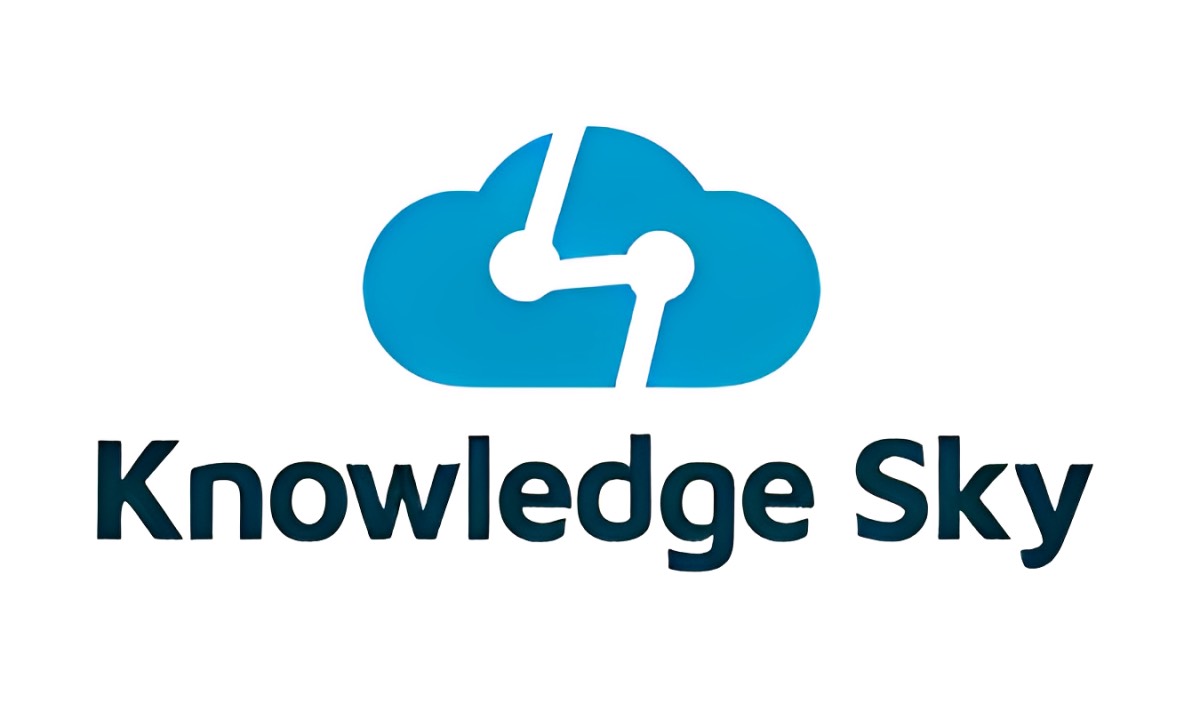
In today’s dynamic job market, creative careers are gaining significant traction. With the increasing importance of innovation and creativity in various industries, pursuing a creative career can be both fulfilling and lucrative. This article delves into what a creative career entails, recent trends and needs, salary expectations, and the future outlook for those in creative professions.
What is a Creative Career?
A creative career involves professions that require imagination, originality, and artistic skills. These careers span a wide range of industries, including media, entertainment, design, advertising, technology, and the arts. Creative professionals are tasked with producing work that is not only functional but also aesthetically pleasing and engaging.
Common Creative Careers
- Graphic Designer
- Writer/Author
- Musician/Composer
- Filmmaker/Director
- Photographer
- Fashion Designer
- Game Developer
- Animator
- Art Director
- Marketing Specialist
Recent Needs and Trends
- Digital Transformation: The digital age has revolutionized creative fields. The demand for digital content, such as videos, animations, and interactive media, has surged. This transformation has opened up new avenues for creative professionals to explore.
- Remote Work: The COVID-19 pandemic accelerated the shift towards remote work, and many creative jobs can be done from anywhere with an internet connection. This flexibility has expanded opportunities for creatives globally.
- Content Marketing: Businesses are increasingly relying on content marketing to engage with their audiences. This trend has heightened the demand for writers, graphic designers, videographers, and social media specialists.
- Sustainability and Ethical Design: There is a growing focus on sustainability and ethical practices in design and production. Creative professionals are now expected to incorporate eco-friendly and socially responsible principles into their work.
- Personal Branding: With the rise of social media, personal branding has become crucial for creative professionals. Building a strong online presence can lead to more opportunities and career growth.
Salary Expectations
Salaries in creative careers vary widely based on the industry, location, level of experience, and specific job role. Below are some average salary ranges for common creative professions in the United States:
- Graphic Designer: $40,000 – $70,000
- Writer/Author: $30,000 – $80,000
- Musician/Composer: $25,000 – $75,000 (can vary greatly based on success and contracts)
- Filmmaker/Director: $50,000 – $100,000+
- Photographer: $30,000 – $60,000
- Fashion Designer: $45,000 – $90,000
- Game Developer: $60,000 – $120,000
- Animator: $50,000 – $90,000
- Art Director: $70,000 – $130,000
- Marketing Specialist: $50,000 – $90,000
Future Outlook
The future of creative careers looks promising, driven by several key factors:
- Technological Advancements: Emerging technologies like virtual reality (VR), augmented reality (AR), and artificial intelligence (AI) are creating new opportunities for creative professionals. These technologies are enhancing the way creative work is produced and consumed.
- Globalization: The global market for creative work continues to expand, providing opportunities for creative professionals to reach international audiences and collaborate with diverse teams.
- Education and Training: More educational institutions are offering specialized programs and degrees in creative fields, providing aspiring creatives with the skills and knowledge needed to succeed.
- Entrepreneurial Opportunities: The rise of the gig economy and online platforms has made it easier for creative professionals to start their own businesses and work as freelancers. This entrepreneurial spirit is likely to continue growing.
- Increased Valuation of Creativity: As industries recognize the importance of creativity in driving innovation and competitiveness, the demand for creative talent is expected to increase. Companies are seeking individuals who can think outside the box and bring fresh perspectives to their products and services.
Conclusion
Pursuing a creative career can be incredibly rewarding, offering opportunities to express oneself, innovate, and make a significant impact. While the journey may come with its challenges, such as fluctuating income and high competition, the evolving landscape of creative professions holds great promise for those willing to adapt and grow.
With the right skills, passion, and dedication, a creative career can lead to both personal and professional fulfillment.


